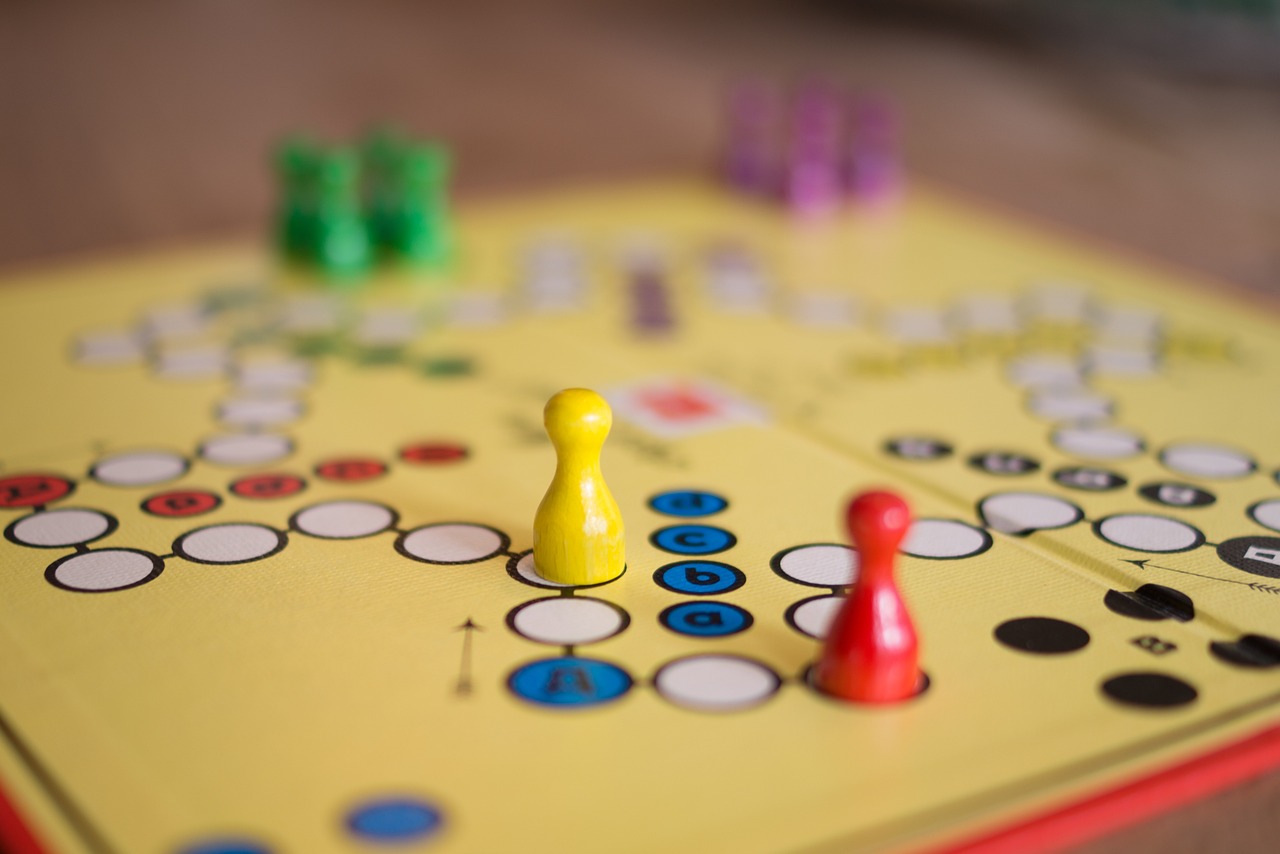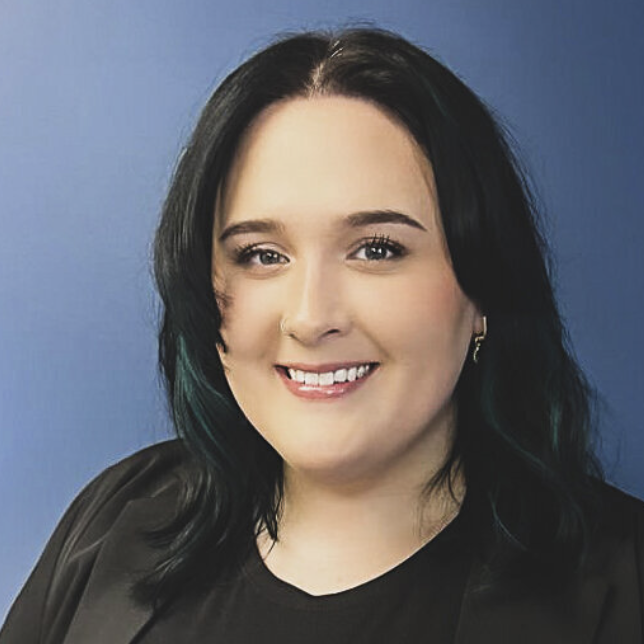
Written by: Tara Gray, M.A., CCC-SLP
Speech-Language Pathologist
For Speech & Language Practice and Progress
Making speech and language practice fun is the key to getting kids both excited and engaged about working on their goals outside of the speech clinic. These top eleven games are some you might already have in your home that are great for speech and language practice. Practice is an important aspect of the speech-language pathology treatment plan and it’s paramount for this practice to occur across environments and with a variety of people (parents, siblings, grandparents, aunts, uncles, cousins, friends, etc). Games are a great tool for this and can lead to continued progress with your child’s speech and language goals. These games are appropriate for a variety of ages. Some have language skills built into them and some are great to use as motivators while you practice targets between turns. We use them daily here at Small Talk, but this list is not extensive. It’s just a few of our current favorites. Many of your child’s favorite toys and games can be used in similar ways to work on their speech and language goals, don’t be afraid to use your (and your child’s) imagination!!!
Bubbles
- Kids of all ages love bubbles
- Can be used indoors or outdoors (“Fubbles” style bottles prevent unwanted spills)
- Perfect for simple language modeling and attempting (requesting more, my turn, go, pop, etc.)
- Make a game out of it, catch the bubbles on the wand and pop them on targets that your child needs to practice (language or sounds)
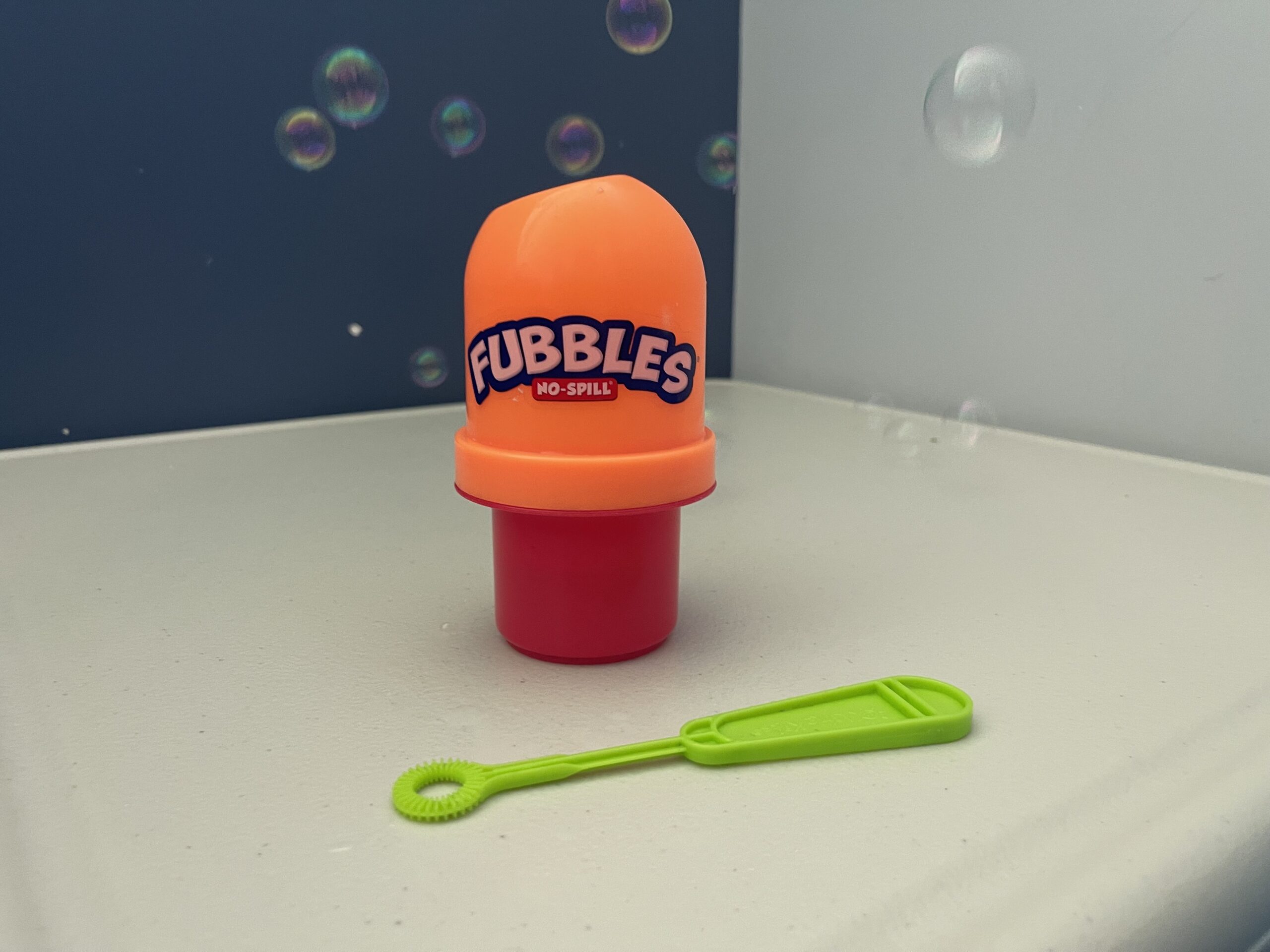
Pop-Tubes
- Great fidgets for all ages
- Lots of language involved, especially when kids need help to open/close or make various shapes with the tubes
- Animal pop-tubes also provide opportunities for naming and pretend play
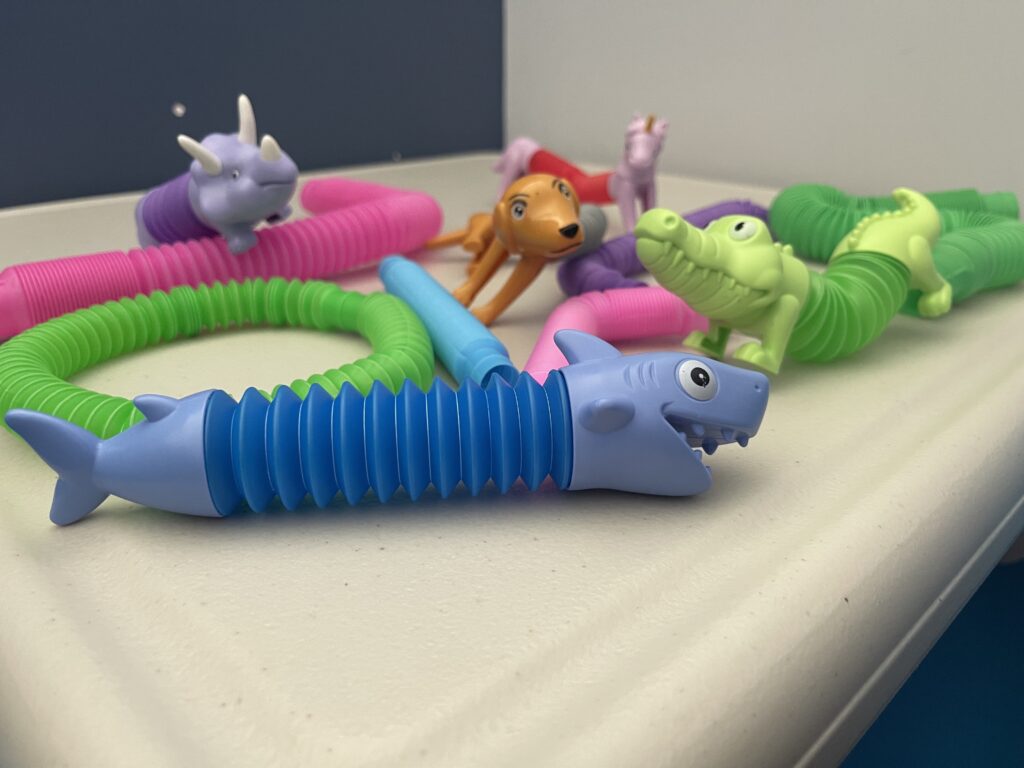
Cuttable Velcro Fruits & Vegetables
- Engaging for pretend play with little ones
- Great for naming and working on words of varying syllable shapes and complexities
- Language-rich activity especially for toddlers: requesting and commenting, modeling language, etc.
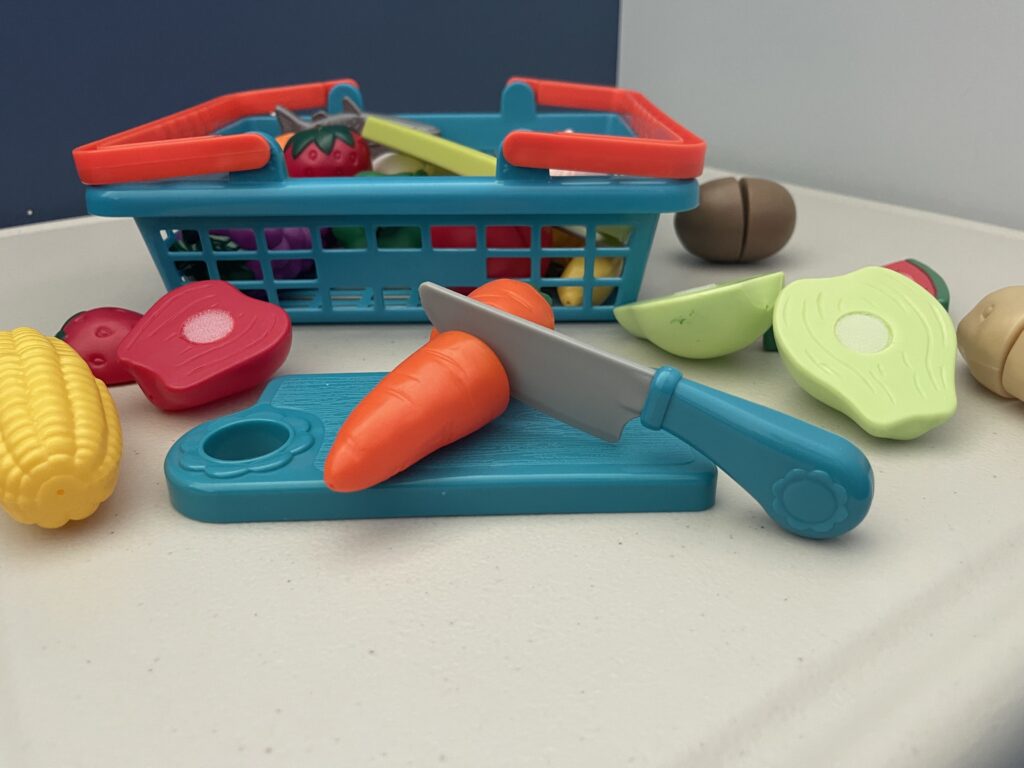
Uno
- Great motivator for older kids to work on target sound carryover
- Following directions for learning gameplay or great for sentence formulation to have child teach others how to play
- Turn-taking
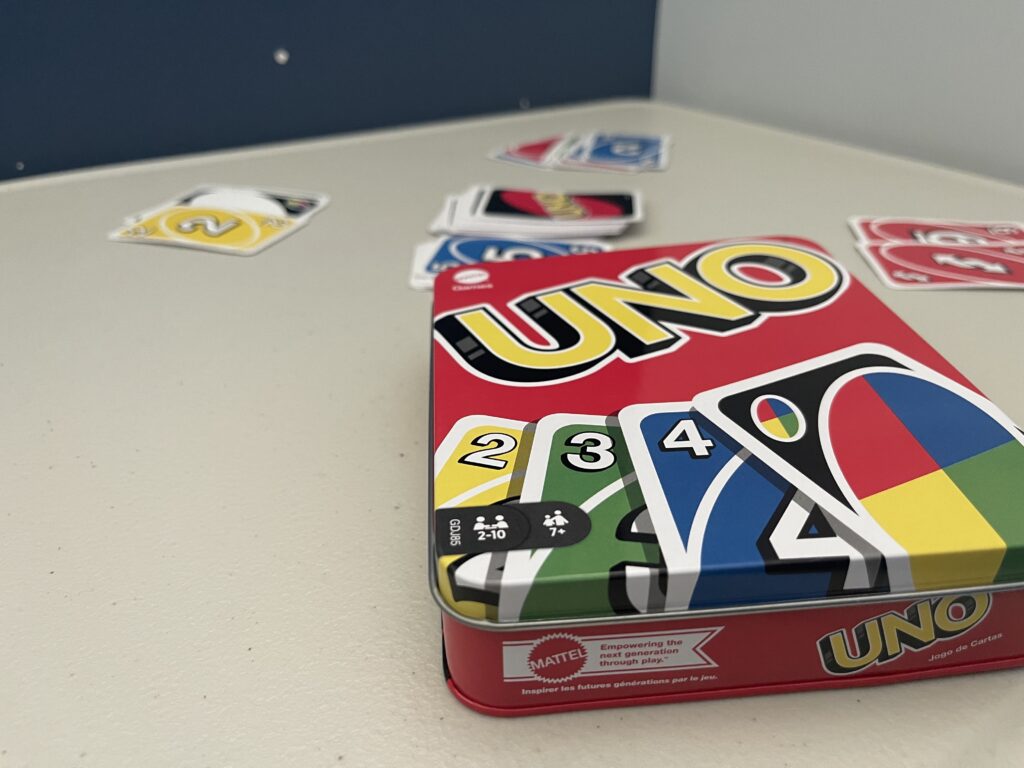
Guess Who
- Fantastic for question formulation and answering for older kids
- Great to target auditory processing of information to determine how the person answer translates to what you do in the game
- Turn-taking
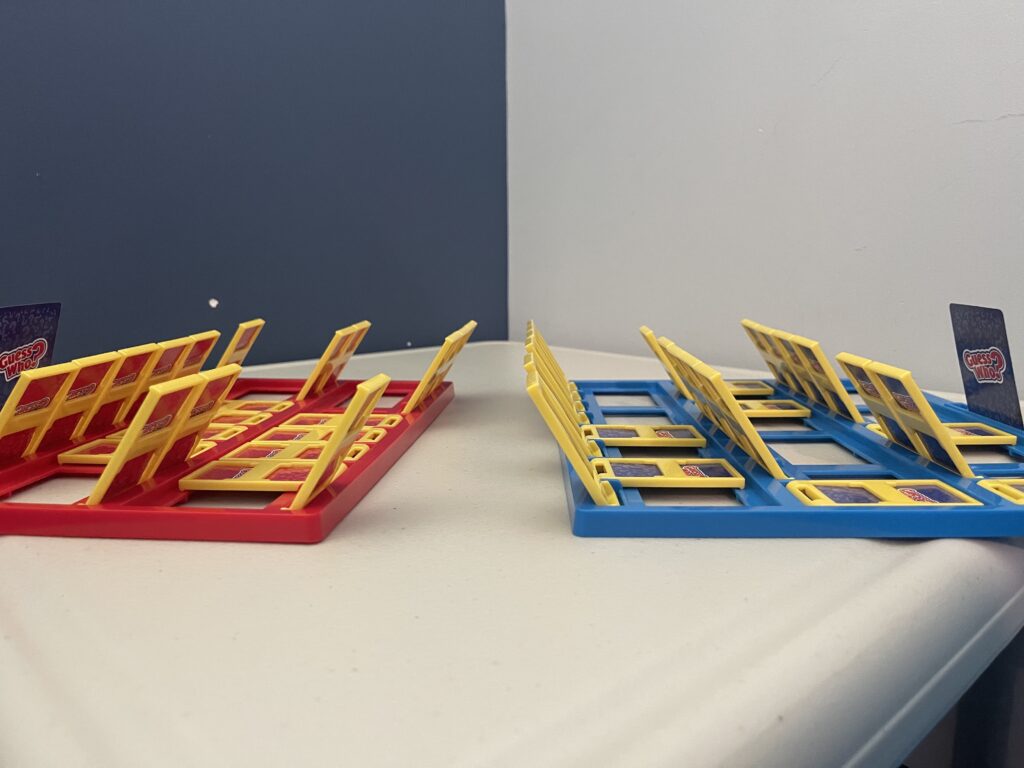
Greedy Granny
- Exciting end-of-game surprise
- Highly motivating
- Can make predictions about when Granny will wake up and discuss or debate
- Turn-taking
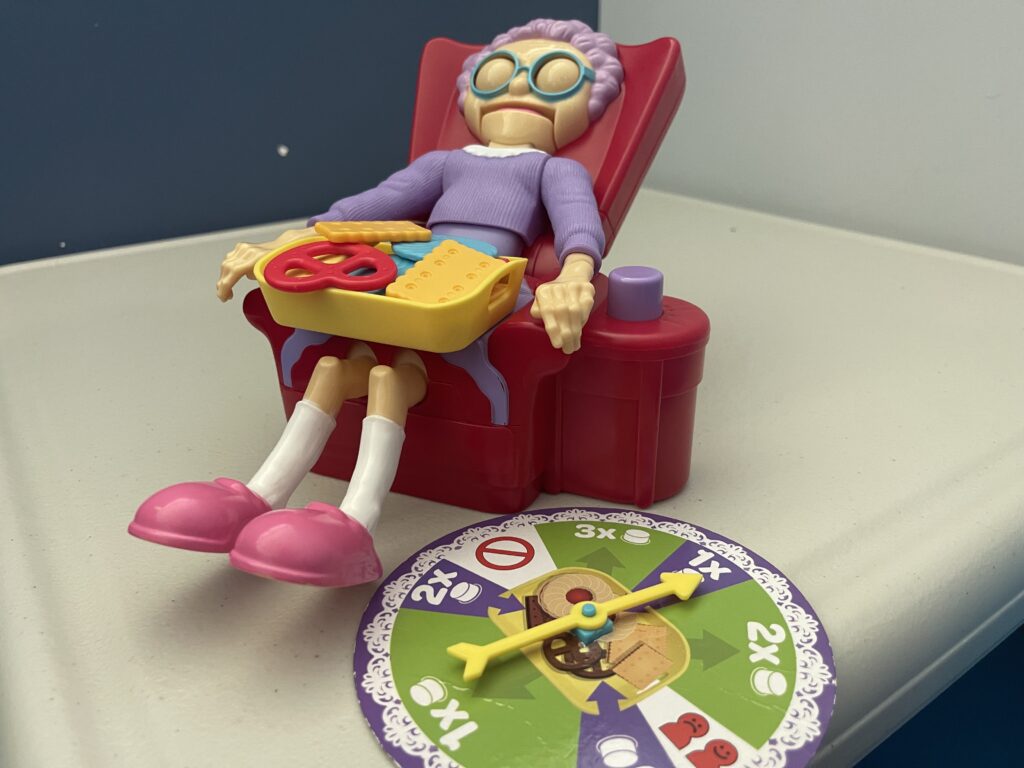
Don’t Break the Ice
- Excellent turn taking game especially for younger kids
- Planning and cause-effect reasoning
- Conversation about plan for which ice to knock down first and why
- Turn-taking
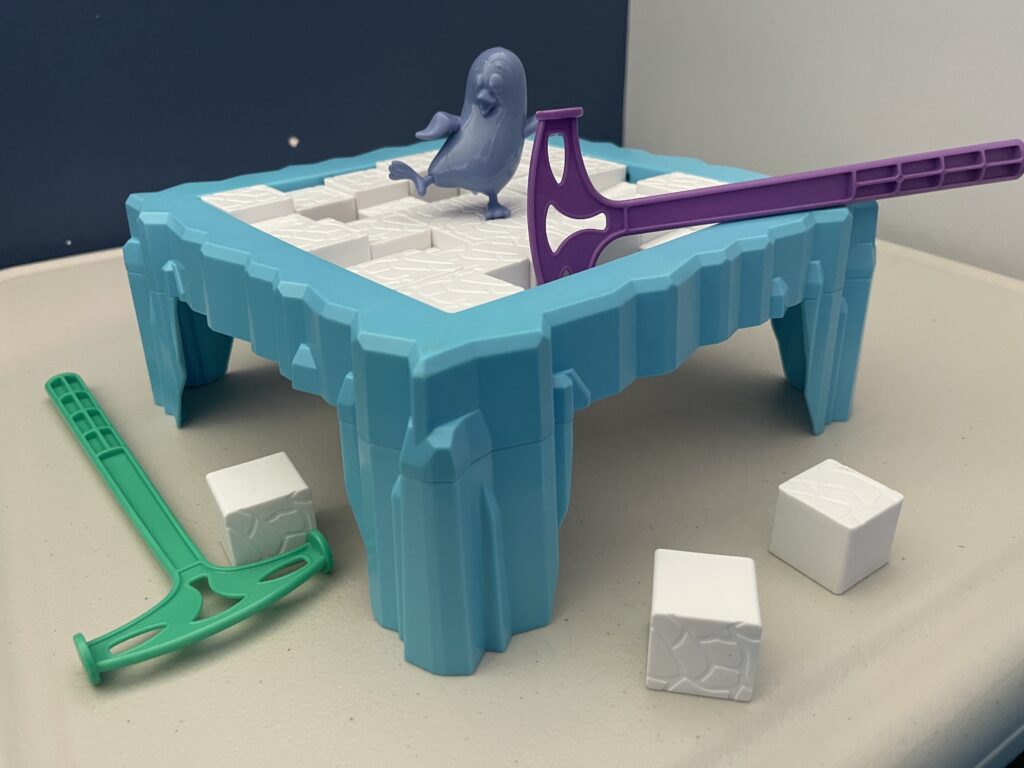
Candyland
- Color identification built into game play
- Motivating for kids of all ages to get to the Candy Castle first
- Can also target carryover or conversational/question skills talking about the scenes on the gameboard
- Turn-taking
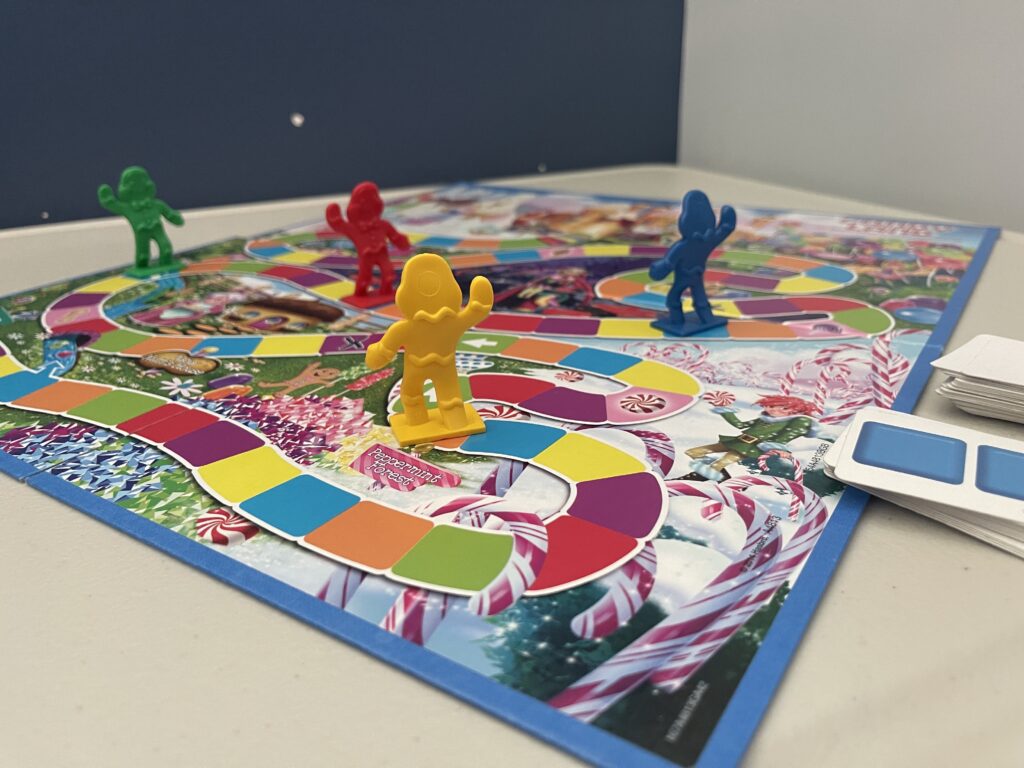
Hedbanz
- Can target question formulation and deductive reasoning skills (if following gameplay directions)
- Can also use the game in the opposite way it’s intended to target describing objects to the person, which is great for identifying categories and using descriptive language
- Turn-taking
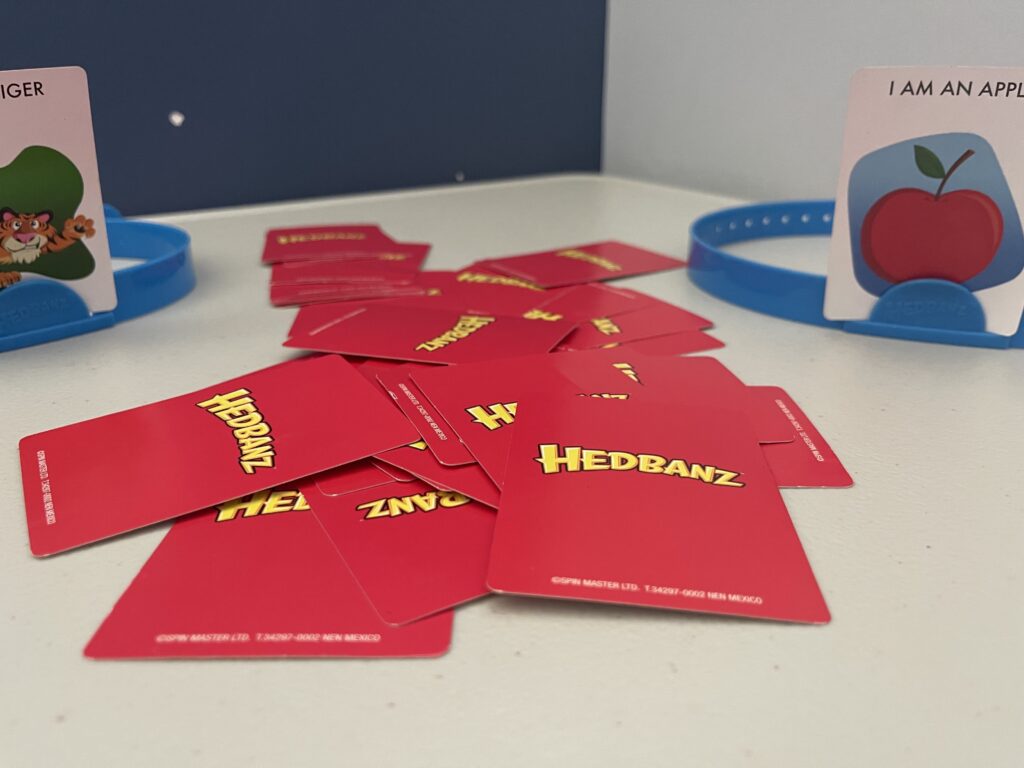
Go Fish
- Simple enough to work on any type of goal (sounds, describing, formulating and answering questions)
- More detailed images on the cards are better for targeting language and sentence/question formulation
- Turn-taking
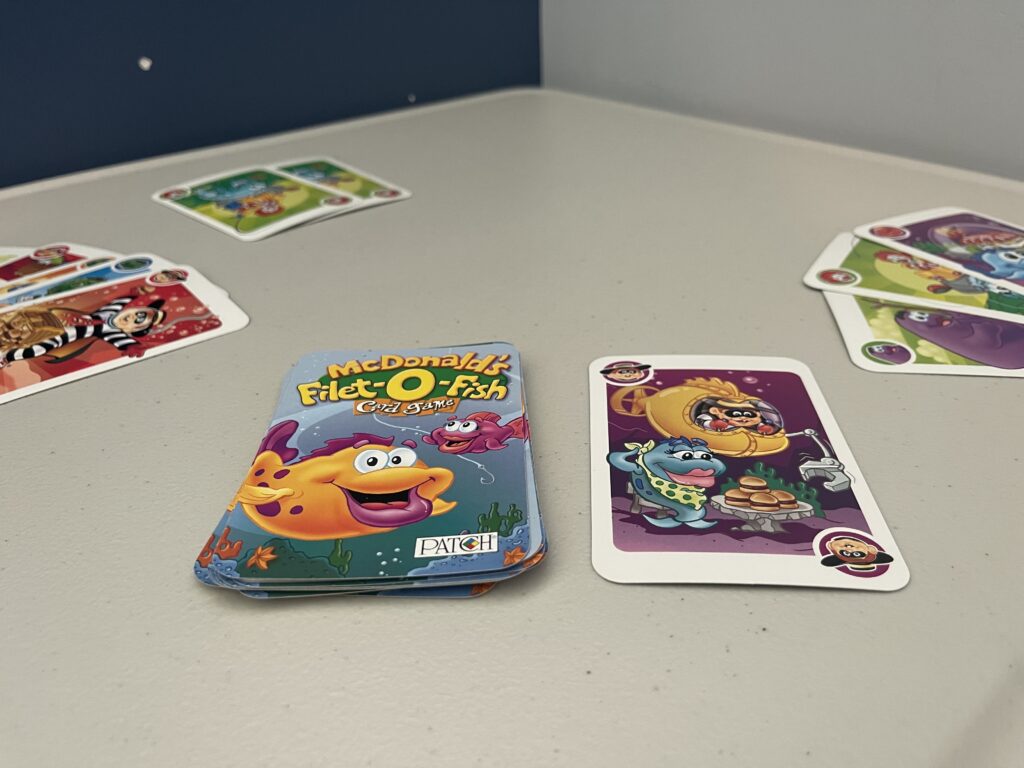
Banana Blast
- Exciting end-of-game surprise
- Can work on following directions to set up game and throughout gameplay
- Highly motivating and can be used to target any goal areas
- Turn-taking
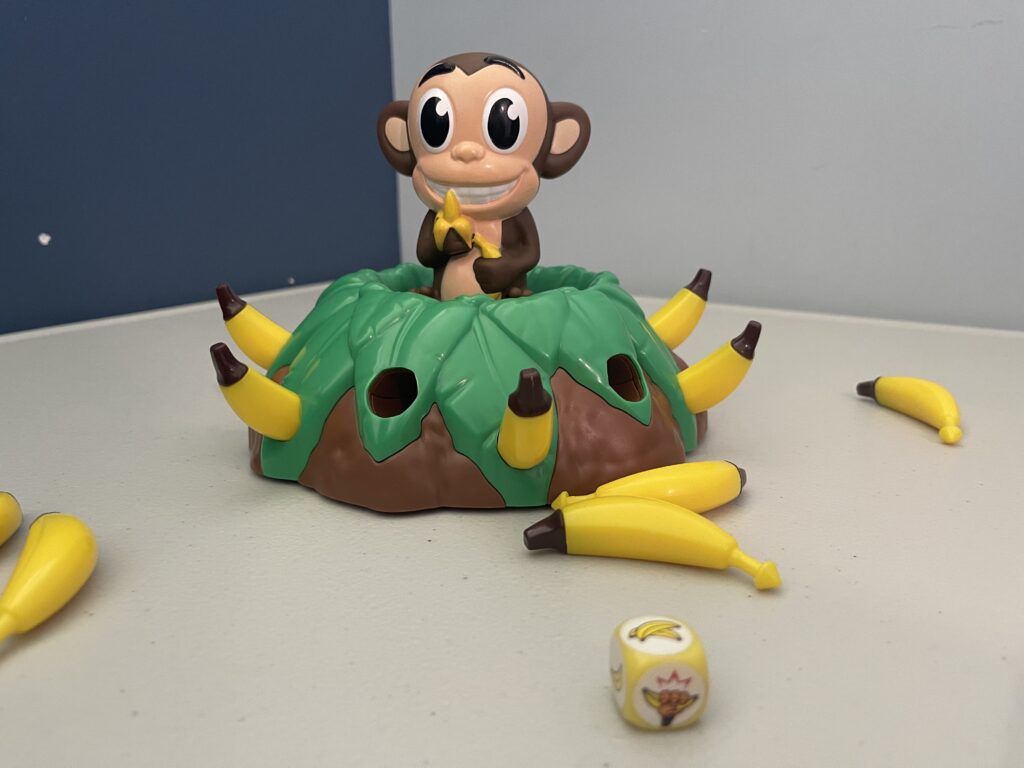
If you’re not sure what speech and/or language goals you should be practicing with your child or which games would work best for your child, reach our to your child’s Small Talk SLP directly with any questions. We are all happy to send home practice work, when appropriate, to encourage the most progress for your child achieving their speech and language goals.
